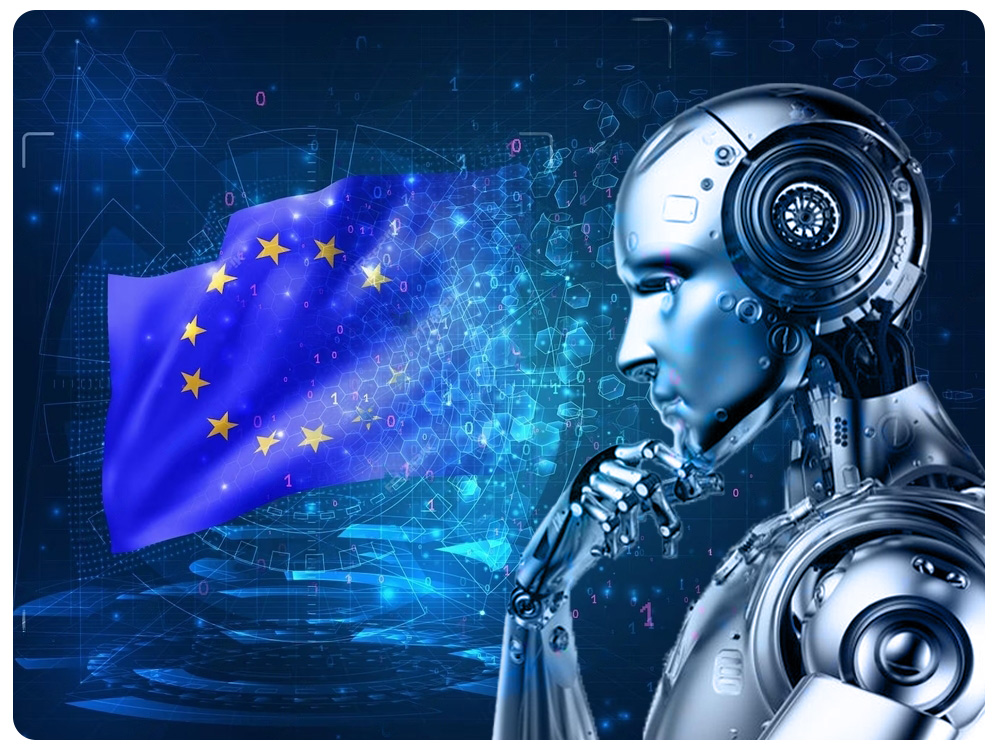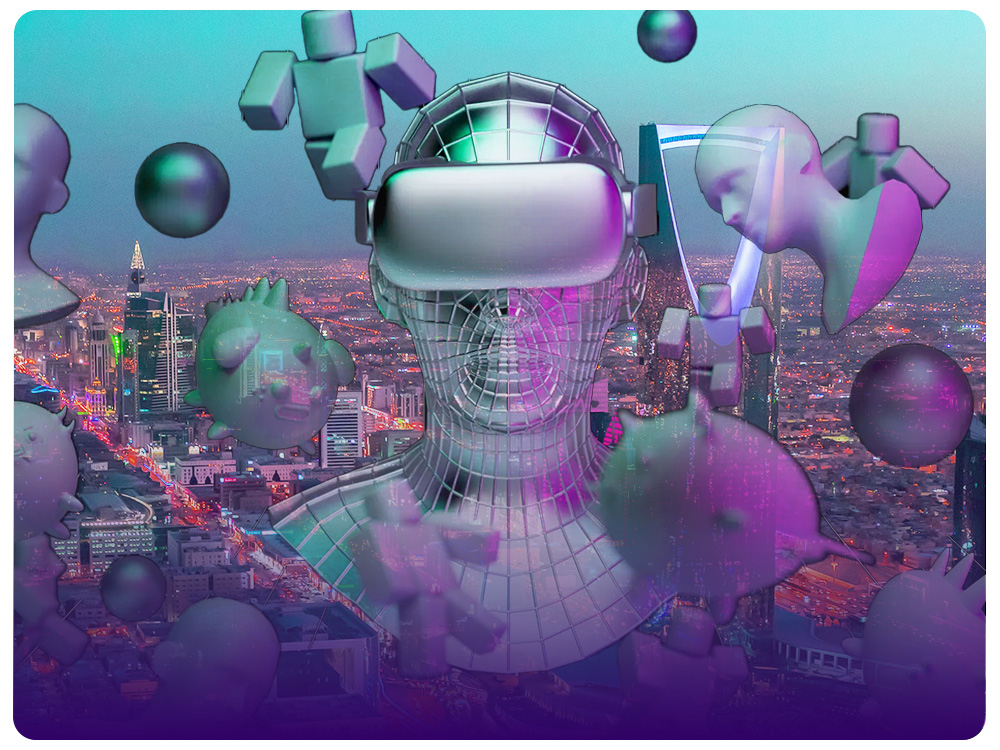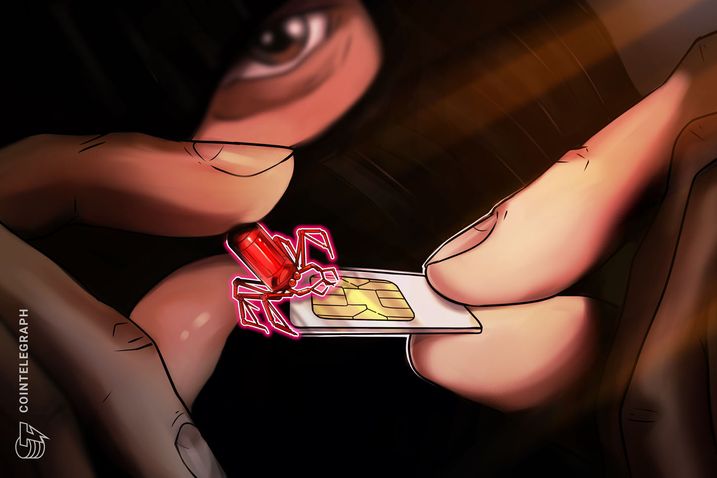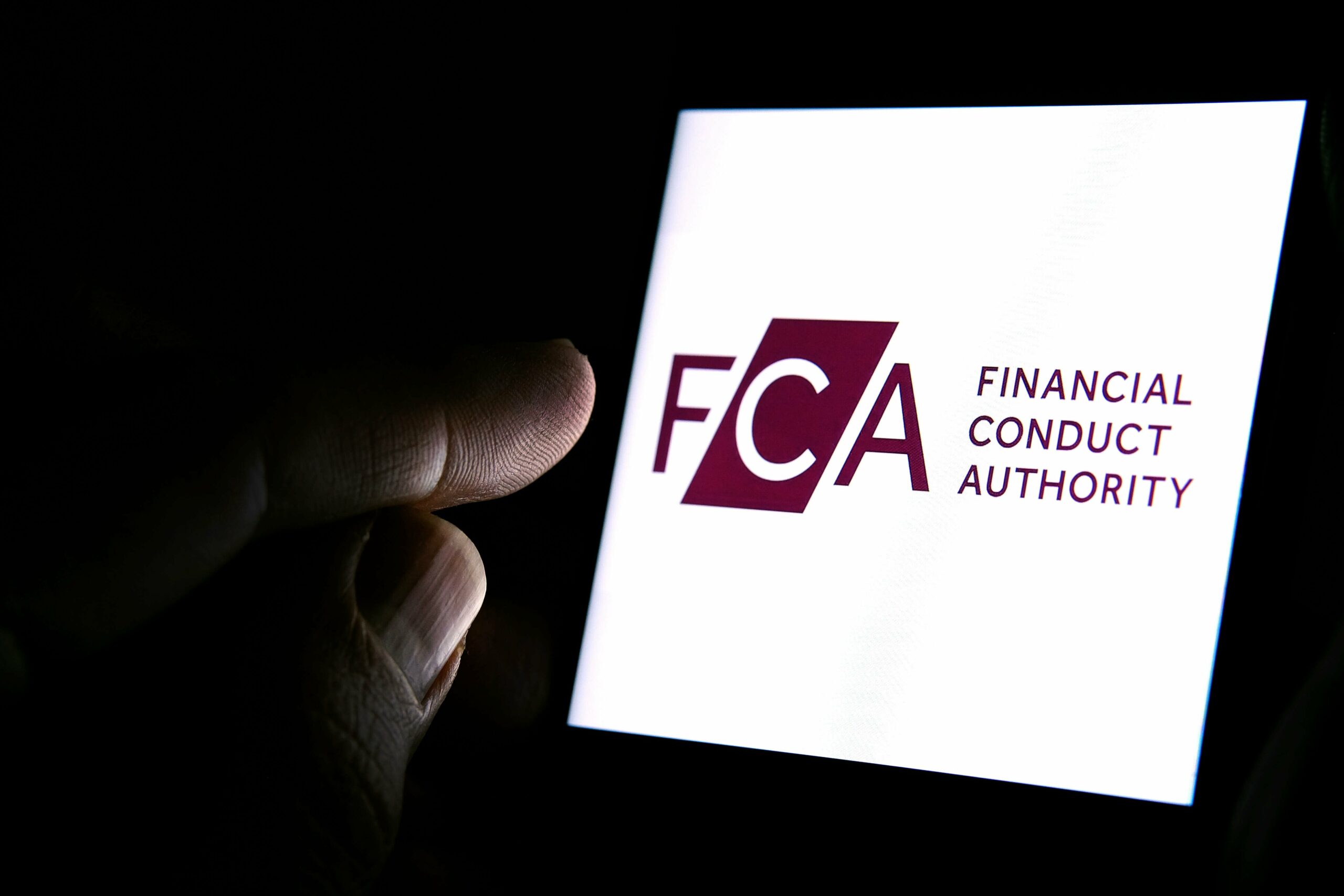In an exciting leap towards the ethical development of artificial intelligence, the United Nations Educational, Scientific and Cultural Organization (UNESCO) and the Dutch government have unveiled a groundbreaking project aimed at supervising AI within the European Union. Titled “Supervising AI by Competent Authorities,” this initiative, officially launched on October 5, is set to pave the way for a comprehensive framework for AI supervision across Europe.
What Is the Ethical Quest for AI Supervision?
The heart of this initiative lies in the belief that AI’s regulation is not just a technological issue but a societal one. Gabriela Ramos, the assistant director-general for social and human science at UNESCO, eloquently states, “We are talking about the kind of world we want to live in. To shape the technological development of AI, we need effective governance frameworks underpinned by the ethical and moral values we all hold dear.” The focus is not merely on the mechanics of AI, but on the kind of ethical landscape it shapes for humanity.
Are There Financial Backing and Future Prospects?
The “Supervising AI by Competent Authorities” project receives financial support through the European Commission’s Technical Support Instrument (TSI). As the project unfolds, it aims to compile a list of “best practice” recommendations for AI supervision. Moreover, the information collected during the project will play a crucial role in designing future training sessions, enhancing the “institutional capacity” for ethical AI oversight.
Building Upon Existing Ethical Frameworks
UNESCO’s involvement in the ethical AI landscape is not new. In November 2021, they played a pivotal role in creating ethical guidelines for AI, which were subsequently adopted by all UNESCO member states. This new project is a continuation of their commitment to ensuring that AI is developed in a manner that respects the shared values of society. By continuing to build upon existing ethical frameworks, they strive to create a harmonious relationship between AI technology and human values.
Elaborating Upon the European Union’s AI Act
This initiative is particularly timely, following the passage of the European Union’s AI Act in June 2023. The AI Act, which has comprehensive rules for AI development within the EU, was proposed by the European Commission in April and received overwhelming support in parliament. Member states are currently in negotiations with parliament to finalize the details, cementing Europe’s commitment to responsible AI development. The collaborative efforts of UNESCO and the Dutch government align perfectly with the goals set forth by the AI Act, ensuring that Europe remains at the forefront of ethical AI development.
Broader European Initiatives
This endeavor aligns with a broader European focus on AI. The EU has introduced an initiative for AI startups in the region, streamlining their access to supercomputing resources, thus fostering innovation in AI technology. This initiative is not only about regulating AI but also about nurturing innovation and technological advancement.
Moreover, individual European nations, such as Spain and Germany, are exploring their unique approaches to AI regulation and development. Spain, for instance, has announced plans for a local AI regulation agency and a national strategy to ensure AI development in the country is “inclusive, sustainable, and citizen-centered.”
Meanwhile, in Germany, politicians and digital experts are engaged in discussions on the best way to manage and implement AI technology. The diversity of approaches across European nations underscores the importance of collaborative projects like the one initiated by UNESCO and the Dutch government, which aim to establish a common ethical ground for AI development while accommodating regional nuances.
Final Words
The collaboration between UNESCO and the Netherlands for ethical AI supervision stands as a testament to the shared commitment to shaping AI in a way that benefits society as a whole. As the project progresses, it promises to offer valuable insights, foster best practices, and lay the foundation for ethical AI development throughout the EU. This endeavor reflects a hopeful vision of a future where technology and society coexist harmoniously, guided by shared moral values. It serves as a reminder that, beyond technology itself, it is the values and ethics that underpin its development that will ultimately determine the course of our collective future.





